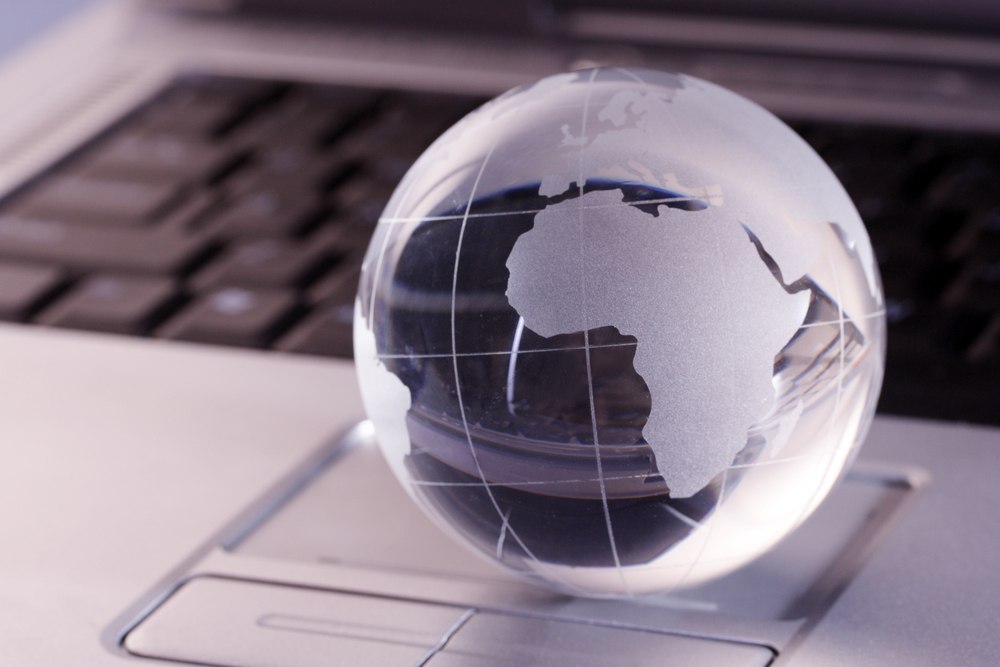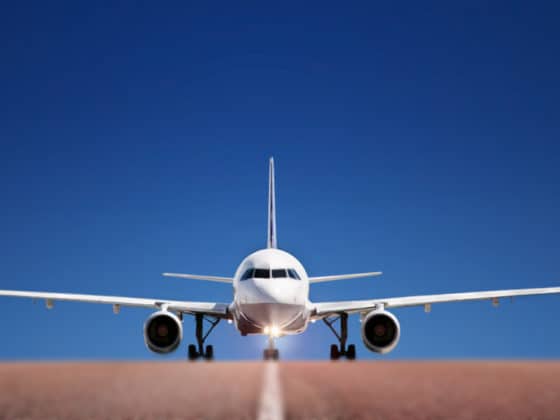
It is important to know about the currencies of the countries you visit as it can help you negotiate a better deal. Europe is one continent where every country has its money, making it more difficult for travelers. So getting information on how much certain things cost in euros should be considered an important aspect before undertaking a trip there.
Know About the Currencies of the Countries You Are Going to Visit
1. Negotiating in a Foreign Language
A language barrier can make negotiating very difficult in some situations. When bargaining with a vendor, it is important to know the exchange rate and how much things cost so that you don’t overpay for anything. The currencies of Europe can also get more confusing when you factor in the Euro, which is in circulation in around 18 countries.
2. Using Credit Cards
If you are traveling to a country that does not have your credit card company, you will need cash for payment anyway. It can be dangerous to carry large amounts of money, so using your credit cards is a good option if you have some from your own country. If you are going to a Middle Eastern country, a Dinar guru can help you understand the currencies of Iraq by discussing in detail the different types of money in circulation. The amount we discuss is enough information to get your questions answered.
3. Exchanging Money
Many travel companies will offer you a free service of exchanging currencies at airports, but you should be aware that many places do not take foreign currency as payment, and the exchange rates might not be good, so it may not be worth paying the fee. You can carry extra cash or use your credit card to pay for anything that doesn’t accept it if you know what type and denomination it is.
4. Understanding the Exchange Rate
The value of money can change depending on where you are. It is often common for travelers not to take advantage of the currency exchange facilities offered at airports and border crossings. It means you might end up paying more for your purchases than necessary. To make sure you don’t get ripped off, always use the available facilities, as this will also allow you to get a better idea of how much things cost in general.
5. Credit Cards and Exchange Rates
When you pay with a credit card, there is a good chance that the exchange rate you receive will differ from the quoted one. It can be frustrating for people who are not good at maths, but this can also be beneficial as it gives you an idea of how much things will cost.
6. Debit Cards
While using your credit card makes it easier to calculate, many people like to use their debit cards as they are cheaper than credit cards if you have enough cash available. However, keeping your debit card in good condition is important as many countries do not accept anything but the original. You can be held responsible for fraudulent activity if your card is lost or stolen. If you are using a debit card and see that the signature has been tampered with, then it is best to stop using the card and contact your bank.
7. Adapting to Your Circumstances
While making sure you are aware of different currencies may seem like a good idea before traveling, being adaptable to the situation on the ground can mean that you don’t need to know too much about them at all.
It is also important to ensure you have the right type of money as not all types are accepted in every country. For example, some countries will not take $100 bills, with differing rates for different currencies. It is always a good idea to check the exchange rates online before traveling to get the best deal. Also, getting the local currency when you arrive at your destination using your credit cards or other means should help you save money on expenses and make your trip more affordable.
Regarding banking, currencies, and debts, ignorance is not bliss. You must take charge of your finances and make sure you are in control of them all the time.











